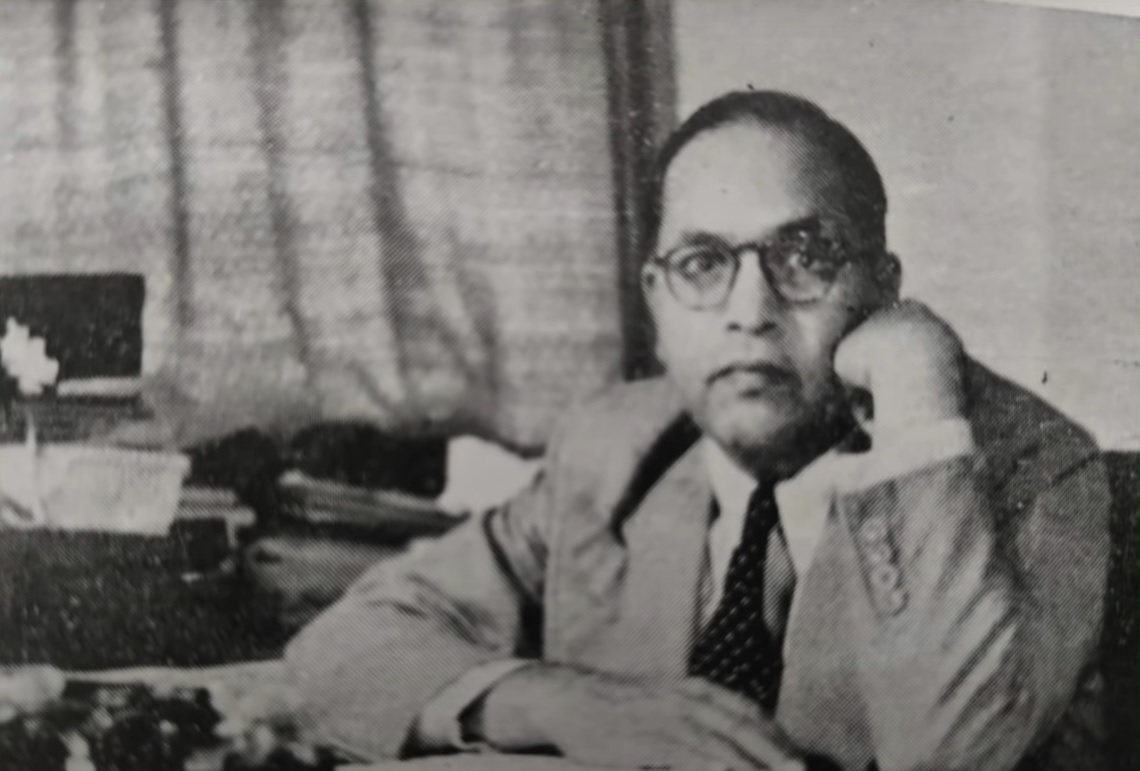B.R. Ambedkar: Architect of Equality and Social Justice
Introduction:
Dr. B.R. Ambedkar, an icon of social reform and a visionary leader, played a pivotal role in shaping modern India’s landscape. His relentless pursuit of equality, justice, and empowerment for marginalized sections of society has left an indelible mark. This essay delves into the life, contributions, and enduring legacy of Dr. B.R. Ambedkar.
Early Life and Education:
Born in 1891 in a Mahar family, Dr. Ambedkar faced caste-based discrimination from a young age. His thirst for knowledge led him to pursue education against all odds, ultimately earning doctorates from prestigious institutions in India and abroad.
Championing Dalit Rights:
Dr. Ambedkar emerged as the voice of the oppressed, advocating for the rights and dignity of Dalits (formerly untouchables). He fought against untouchability, caste-based discrimination, and the oppressive socio-cultural norms that perpetuated inequality.
Architect of the Constitution:
As the chairman of the Drafting Committee, Dr. Ambedkar played a pivotal role in shaping the Indian Constitution. His tireless efforts ensured the inclusion of provisions that safeguarded social justice, equality, and fundamental rights for all citizens.
Fighting for Political Representation:
Dr. Ambedkar’s commitment to political empowerment led to the formation of the Scheduled Castes Federation and later the Republican Party of India. He believed that political representation was crucial to breaking the shackles of social injustice.
Advocating Gender Equality:
Recognizing the importance of gender equality, Dr. Ambedkar advocated for women’s rights and their inclusion in various spheres of society. He emphasized education and economic independence for women.
Conversion to Buddhism:
Disheartened by the caste-based hierarchy within Hinduism, Dr. Ambedkar converted to Buddhism in 1956, along with thousands of his followers. This conversion was a symbolic rejection of the oppressive caste system.
Economic Empowerment:
Dr. Ambedkar recognized the significance of economic empowerment for marginalized communities. He emphasized industrialization, land reforms, and access to education as means to uplift the downtrodden.
Legacy of Social Reform:
Dr. Ambedkar’s legacy transcends his lifetime. His teachings, writings, and advocacy continue to inspire generations to fight against caste-based discrimination and for equal rights.
Challenges Faced:
Throughout his life, Dr. Ambedkar faced immense challenges, including resistance from conservative forces, skepticism from his own community, and political opposition. Despite these obstacles, he remained undeterred in his pursuit of social justice.
Global Influence:
Dr. Ambedkar’s ideas of social justice and equality resonate far beyond India’s borders. His work has influenced international debates on human rights, discrimination, and inclusion.
Education as the Key:
Dr. Ambedkar believed that education was the most potent weapon to eradicate inequality. He emphasized the importance of education in creating an informed and empowered citizenry.
Inspiration for Movements:
Dr. Ambedkar’s ideals have paved the way for various social and political movements advocating for the rights of marginalized communities. His legacy continues to guide activists and leaders.
Challenges Today:
Despite progress, caste-based discrimination persists in contemporary India. Dr. Ambedkar’s teachings remain relevant as society grapples with issues of social justice, reservation policies, and equality.
Conclusion:
Dr. B.R. Ambedkar’s legacy is one of resilience, determination, and a relentless pursuit of social equality. His life’s work has enriched the nation’s fabric by advocating for the rights and dignity of the marginalized. As we celebrate his contributions, it’s essential to carry forward his vision of an inclusive and just society, striving to eliminate discrimination and ensure that every citizen enjoys the fruits of equality and social justice.

